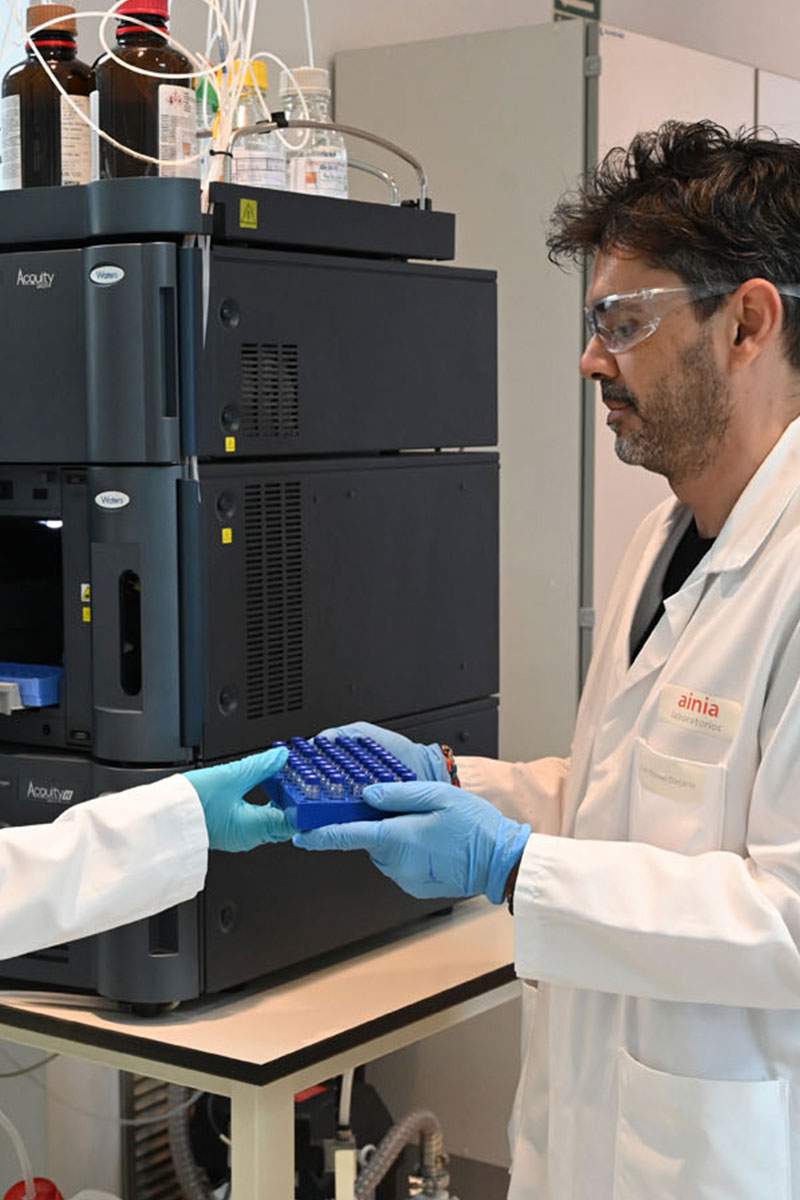Ensure the safety and legal compliance of your food products
Polycyclic aromatic hydrocarbons (PAHs) comprise a group of more than 100 different chemicals that are formed primarily during the incomplete combustion of organic matter such as coal, oil, gasoline and rubbish, as well as other organic substances (tobacco, meat prepared on the grill, etc.). PAHs are generally found as a mixture of two or more of these compounds.
PAHs in food can come from environmental contamination (industrial activities, heating, forest fires, etc.) and from processes including smoking, drying or even heating of food. These culinary procedures occur both at industrial level and in the consumer’s own home.
There are maximum limits for PAHs in different food categories regarding the maximum content of polycyclic aromatic hydrocarbons in foods. Therefore, products whose PAH level exceeds the maximum limits allowed by the legislation may not be placed on the market, either by themselves or after mixing them with other foods. Nor can they be used as an ingredient in other foods.
Acrylamide is an organic compound that is formed when starchy foods – such as potatoes or cereals – are cooked or processed at high temperatures. This can occur when frying, roasting or grilling these foods in different processing environments (at home, in restaurants or in the food industry). It is classified as "probably carcinogenic to humans" (Group 2A) by the International Agency for Research on Cancer (IARC) based on animal studies.
Regulation (EU) 2017/2158 includes a series of codes of good practice intended to reduce acrylamide exposure in the general population. It also provides benchmarks, which are intended to indicate the effectiveness of the mitigation measures that different economic operators have adopted. Even if the product analysis shows that the benchmark values have been exceeded, the product can still be commercialised. However, the operator must immediately review the manufacturing process. In addition, operators must verify the efficacy of mitigation measures by analyzing the products and ensuring their compliance with the reference levels. In order to ensure compliance with food legislation, the Member States (or Regional Governments in the case of Spain) will perform regular official controls, thereby guaranteeing compliance with framework of this Regulation.
